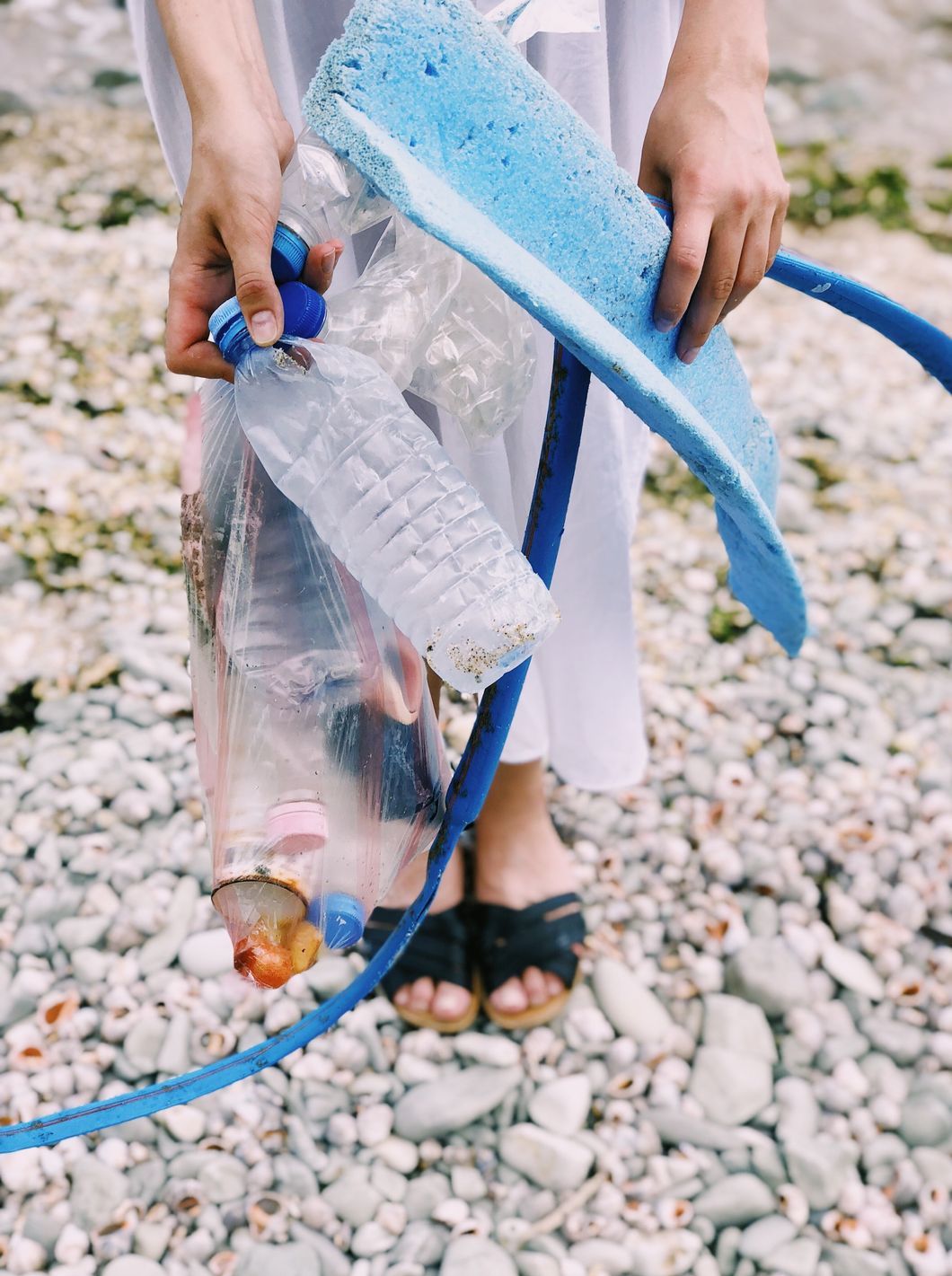Recently I have seen quite a few posts on different social media that talk about making the decision to stop using straws. The posts are aimed towards contributing to minimize the amount of plastic in the ocean and to "save the turtles." While most straws are indeed plastic, it is not the only thing that makes up what the ocean is polluted with. Also, turtles are not the only marine animals that are being affected by this mess. Our beautiful oceans are being destroyed as we speak and they are turning into something we can call "plastic soup."
So back to the main point, yes these new campaigns might bring awareness to a very much existing problem but it is not even a quarter of what really creates the problem. While reducing the use of straws is a good way to stop the problem, straws are not the only plastic things that end up in our oceans. Plastic is one of the main factors that are responsible for the contamination of the ocean but not only because the plastic bags get eaten by sea turtles and other animals but also because these different plastics also are the carriers of different organic pollutants. From the different plastics that are making their way into the oceans, there are different pollutants that will attach to the surface of these plastics and they will wind up floating all throughout the oceans. This means that since they are being transported through the ocean currents it can lead to the transportation of invasive marine species which can lead to bigger problems down the road.
The problems go beyond it being harmful to the fish and the ocean but it also ends up being harmful to us humans. This type of pollution causes the human food chain to also mess up. According to researchers, it was found that fish are beginning to ingest fragments of plastic and different debris. The study that was done by Pacific Grye showed that in 2008 out of 627 fish that were caught during the study around 35% of them had ingested different plastics. I don't know about you but eating fish that could possibly contain fragments of plastic does not sound appetizing to me, let alone healthy.
So what can we do? While creating awareness through campaigns and public education is expensive there are some things that can be done from our end to minimize the harm that we do on our part. In essence, just be more mindful of how you dispose of the plastic that you are using (example recycling), keep in mind that to-go boxes that are offered in restaurants are made from foam cannot be recycled, and don't be that person that disposes of trash in places other than where trash is supposed to go. Let's help save our oceans.






















